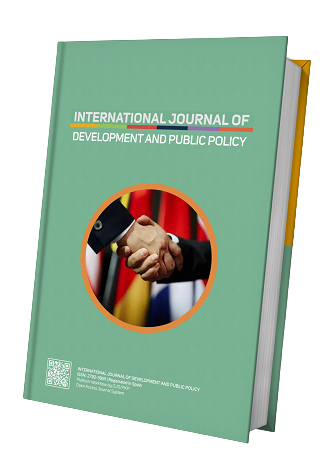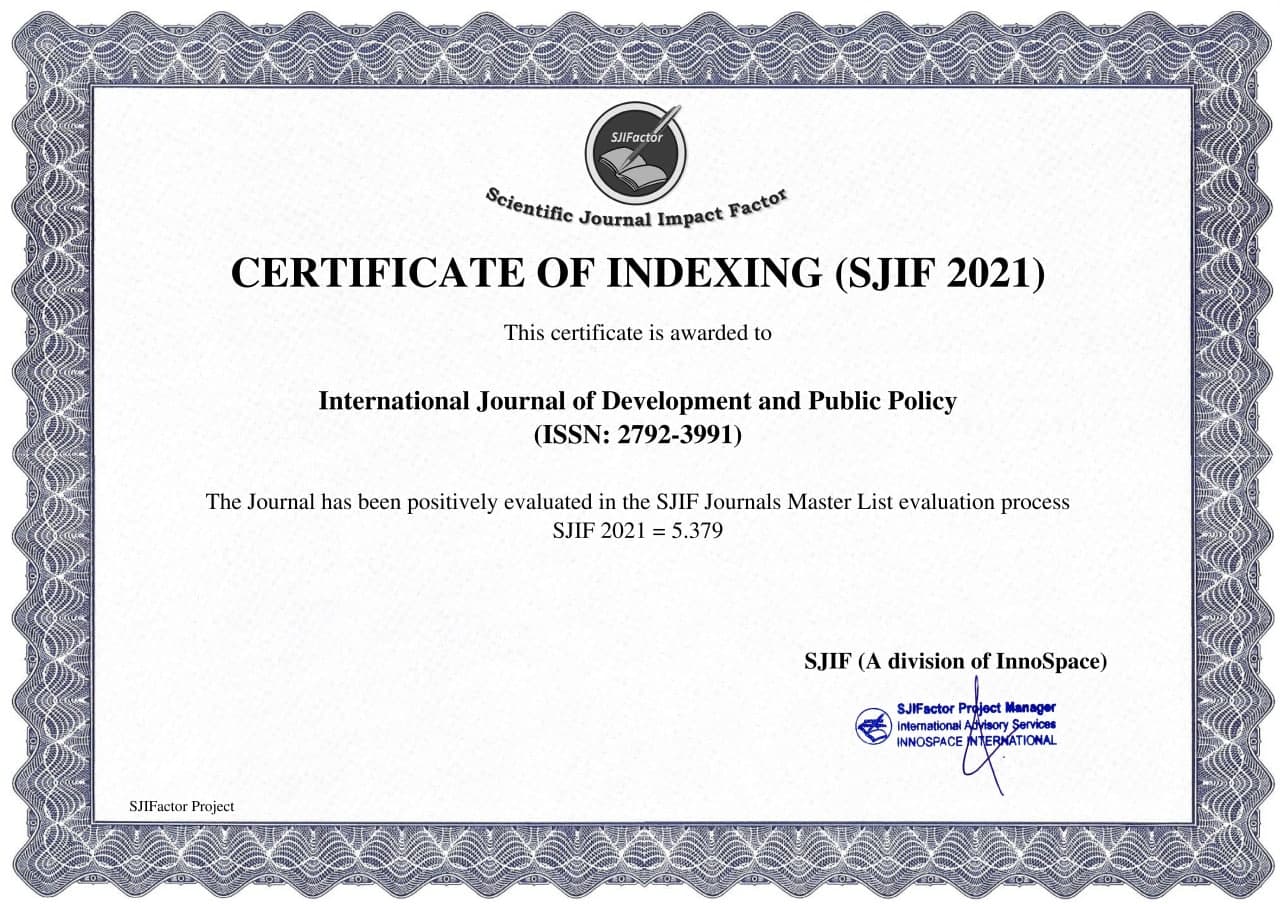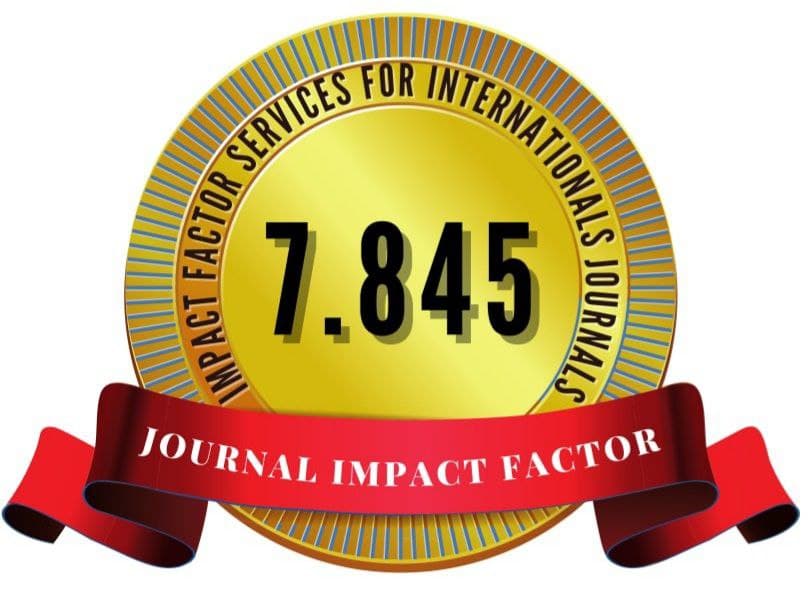Linguocultural and Pragmatic Features of British and American Youth Speech
Abstract
Modern linguistics has close ties with interlingual and intercultural communication. In this regard, one of the main components of scientific research is the youth sociolect. It is the study of the youth language that helps to predict the future development of the modern spoken language. Currently, there are relatively few scientific linguistic works and studies on the use of modern youth slang. This fact is explained by the ingrained view of the vocabulary of the youth sociolect as something secondary and not deserving of scientific description. The relevance of this article is due to the need to more fully identify and comprehensively study the youth sociolect as a special subsystem of the language, which is characterized by a certain range of speakers and its own vocabulary.






